The Best Time of Day to Do Almost Anything
There's a time for everything—especially these 13 life basics.
By Jena Pincott
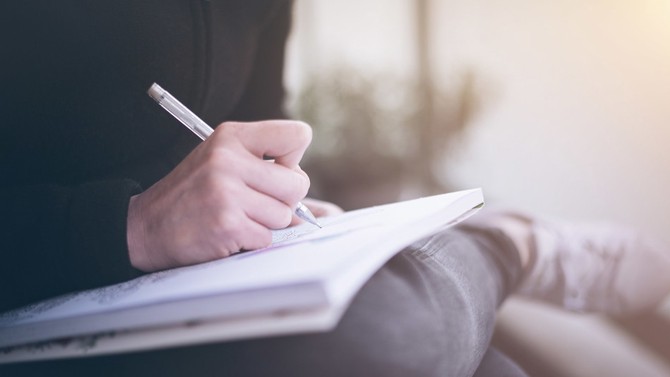
Photo: Thinkstock
Best Time for a “Eureka!” Moment
Your best time for creative insights is not when you think. When psychologists Mareike Wieth and Rose Zacks asked night owls to solve problems that require intuition and non-linear thinking, they were more successful in the morning (8:30 a.m. to 9:30 a.m.)—not the later hours when they felt sharpest. Early birds' performance soared in the late afternoon (4:00 p.m. to 5:30 p.m.). In non-peak hours, problem-solvers arrived at solutions with little conscious effort or awareness. In prime time most of us are better at filtering out distractions and thinking analytically. In fuzzier hours your focus is more diffuse—that's when serendipity strikes.
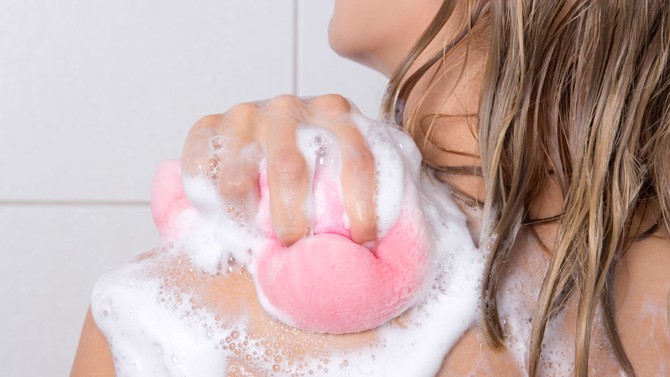
Photo: Thinkstock
Best Time to Shower
Want to further increase your odds of an epiphany? Shower right after you get up in the morning. Showers are notoriously charmed places for good ideas (you're relaxed and in the flow, literally.) Plus, there's a chance that your brainwaves are still in the dreamy theta state, which is associated with creativity, relaxation, and problem solving.
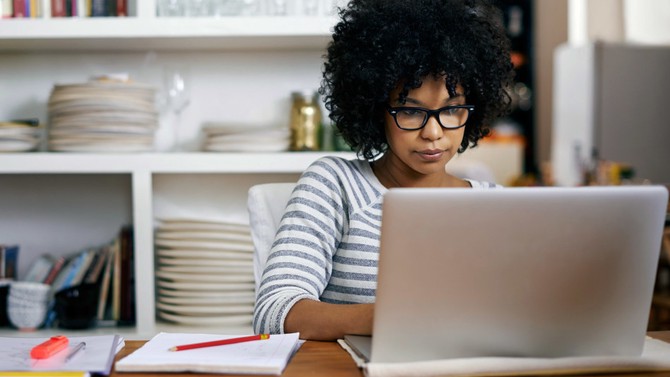
Photo: Thinkstock
Best Time to Share Ideas Online
Now that you've got your big idea, set it loose on Twitter next Monday between 1 p.m. and 3 p.m.—that's when bitly, the link shortening and tracking service, says is the best time for posting your link. Wait until Wednesday at 3 p.m. to post it on Facebook—this is the hottest time to post there—although any weekday between 1 p.m. and 4 p.m. is a high-traffic time with a high click-through rate. Of course, the best time of day to post depends on your target market. A study by online analytics firm KISSmetrics finds that Saturday afternoons are also one of the busiest times for Facebook users. People are just hanging out, perhaps looking for something to do.
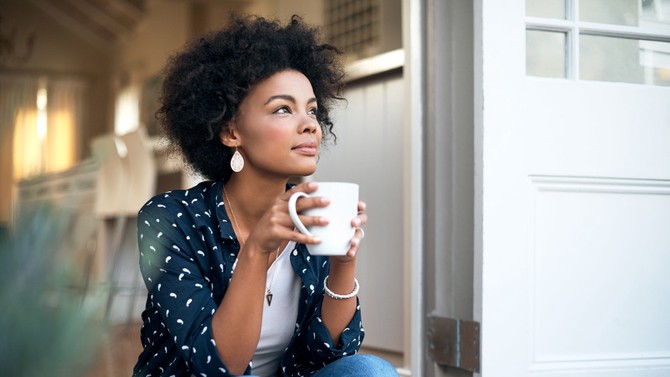
Photo: Thinkstock
Best Time to Soak Up Anti-Depressant Rays
Meditation, check. Shower, check. Brainstorm, check. What more can you do to brighten your day? Step outside for a half hour or so if you can. The morning light—especially from 6 a.m. to 9 a.m.—may be more effective in curing the winter blues than late afternoon or evening light.
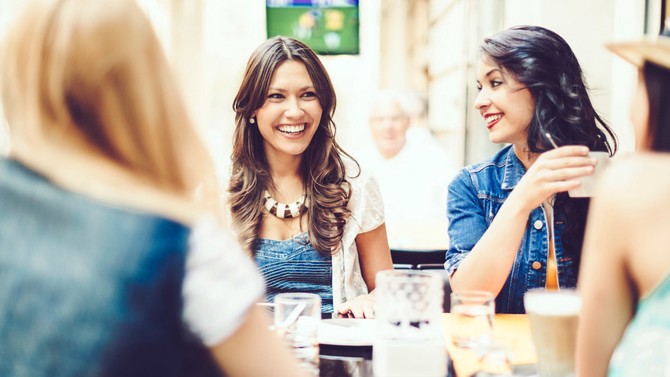
Photo: Thinkstock
Best Time to Get a "Yes"
We all know that decisions shouldn't be made on empty stomachs. The surprise is how much our fates might depend on this truth. Your best chance of getting a “yes” to any request—a raise, a date, a grant, a donation for your charity run—is right after your requestee has eaten. This certainly applies to judicial decisions, finds a study at Ben-Gurion and Columbia Universities. Right after judges had a food break, they were likelier to agree to a prisoner's request than any other time of the day. Credit the mood-lightening and brain-boosting effects of a short rest combined with a glucose surge. Later, as the judges' blood sugar levels presumably dropped, the “yes” rate plummeted—to nearly zero by the end of a session.
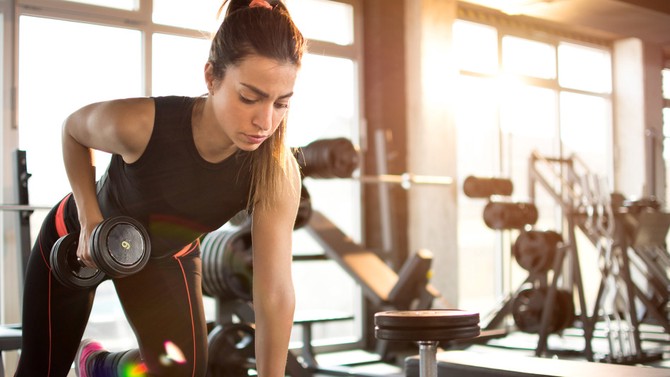
Photo: Thinkstock
Best Time to Push Yourself at the Gym
Your muscles do their best work around 6 p.m. You can jump a little higher, pump a little faster, swing more powerfully. Your core temperature is its hottest, your joints their supplest, your nerve conduction its fastest, your muscular blood flow its strongest. Testosterone (women have this competition-enhancing hormone too) is more responsive to exercise in the early evening. Evening resistance training may even lead to stronger muscles than morning workouts, says a study in Chronobiology International. Avoid late-night workouts, however. They may throw off your body clock—and your muscles, like the rest of you, don't perform well without sleep.
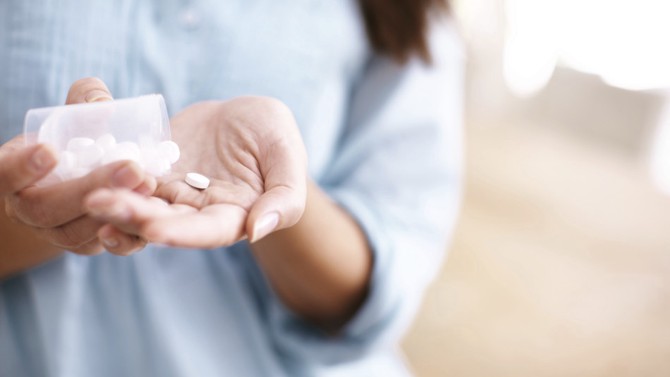
Photo: Thinkstock
Best Time to Pop an Aspirin
If you take baby aspirin for protection against heart disease, shoot for 11 p.m., or right before bed. Spanish researchers found that people who took aspirin every night had lower blood pressure three months later than those who took it at 8 a.m.—a likely result of the pill slowing down clot-inducing proteins that are produced only when the body is at rest. This said, if you're taking other medications, check with your doctor about the best time for you.
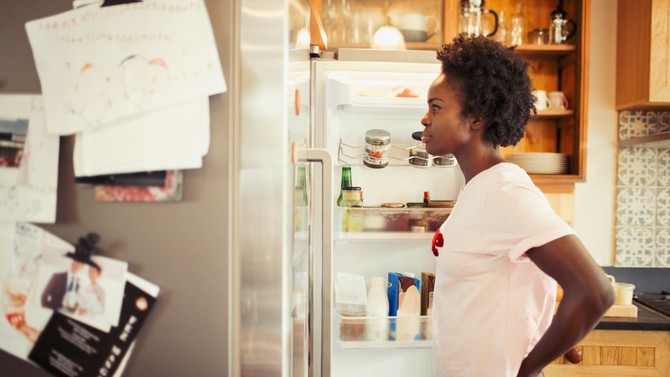
Photo: Thinkstock
Best Time to Eat
When you eat may be as important as what you eat. If you can restrict the number of hours you feast each day to an eight-hour window—9 a.m. to 5 p.m., for instance—you may be healthier and slimmer (no kale required). A study at the Salk Institute found that mice that gorged on a high-fat diet for only eight hours a day weighed 28 percent less and had few health problems compared with those that consumed the same amount of fatty food throughout all their waking hours. Time-restricted eating entrains the circadian clock and metabolic pathways, the researchers find. The result is a system that soaks up nutrients and burns off fats more efficiently. (Caveat: Scientists are optimistic that these findings also apply to humans, but further research is required.)
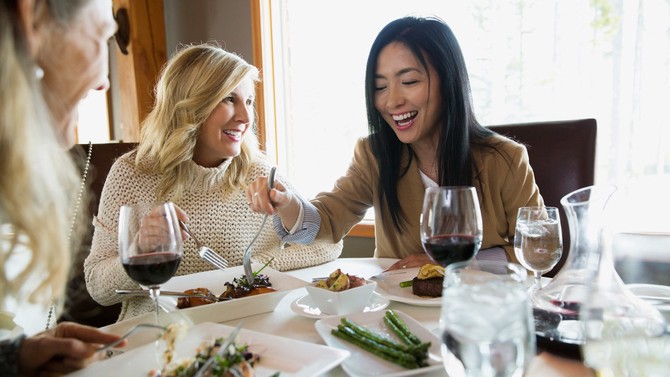
Photo: Thinkstock
Best Time to Have a Gourmet Meal
The problem with eating only in the morning and afternoon is that if your eight-hour window closes early, you might not appreciate the subtlest flavors of a fancy anniversary meal as much as you would later on. Your sense of smell is weakest in the morning and gets stronger as the day wears on, says the Sense of Smell Institute. And because your sense of smell is accountable for 80 percent of what you taste, later is best for playing out your epicurean fantasies.
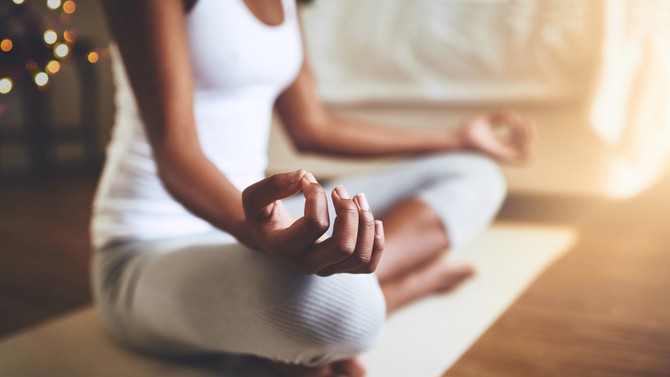
Photo: Thinkstock
Best Time to Meditate
Get the most from meditation by doing your main practice in the morning (even just a few minutes), with a minute or more before sleep, says Rick Hanson, neuropsychologist and author of Buddha's Brain, a handbook on the science of meditation. Right after you wake up in the morning your mind is quieter, which helps you ease into meditation—and the practice lays the foundation for your outlook and mood for the entire day ahead. At night, just before sleep, the mind is very receptive, Hanson says. The influence of meditation is going to be high with results that could ripple through the night. "But no matter what the scientists say, the best time to meditate...is whatever time you actually [sit down to] do it." Even right now.
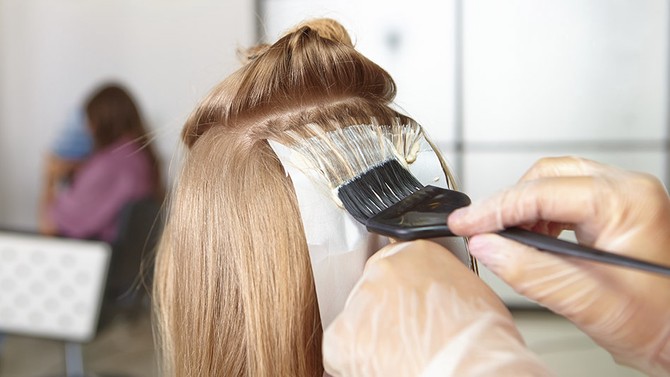
Photo: Thinkstock
Best Time to Go to the Hairdresser
Tuesday is the slowest day of the week for hair salons, says Mark Di Vincenzo, author of the "when to" book Buy Shoes on Wednesday and Tweet at 4:00. This means you can get an appointment more easily and avoid wasting your time flipping through ripped-up copies of People magazine as you wait. Better yet, hair stylists don't feel rushed and make fewer mistakes.
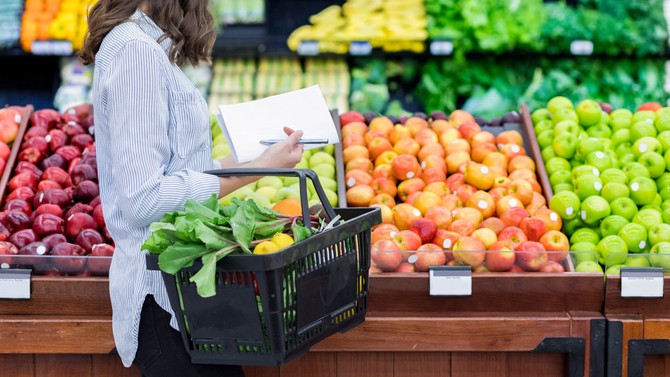
Photo: Thinkstock
Best Time to Go Grocery Shopping
The best day of the week to shop for groceries is Wednesday, says di Vincenzo. Sales typically start on Wednesdays, and managers make sure shelves are stocked and their stores are properly staffed on that day. Shop at 7 p.m. or later and you may even get an aisle all to yourself. The after-work crowd has gone home by then, and stores start discounting the day's blueberry muffins, mac 'n' cheese, ripe pears and other perishables that they'd rather sell than toss.
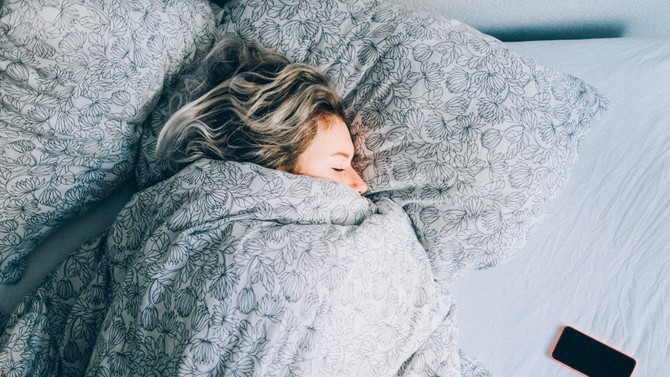
Photo: Thinkstock
Best Time to Nap
You probably know: the best time to nap is when it comes naturally—usually sometime during the mid-afternoon circadian dip between 3 p.m. and 5 p.m. After you snooze, chances are you'll be more alert, perform better on cognitive tests, have faster reflexes, and feel more "on" that you would otherwise. (Sadly, most of us don't/can't nap, which is why traffic accidents peak in these hours.) One thing to keep in mind: the sweet spot is shockingly short—10 minutes—but has benefits that last as long as 2.5 hours, finds an Australian study. A longer nap leads to drowsiness after waking.
Next: How your nose can control your brain
Published 05/28/2013

